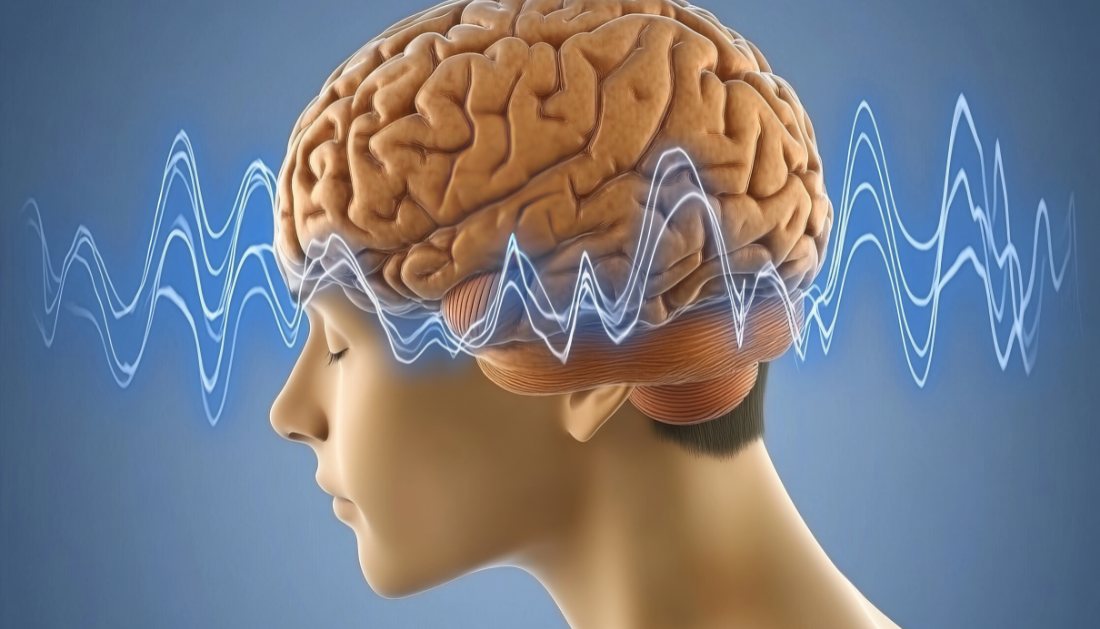

Researchers conducted a 10-week randomized, sham-controlled experiment to assess the efficacy, acceptability, and safety of a fully remote, brain stimulation therapy for major depressive disorder (MDD).
Background
MDD is a common illness that can lead to disability and suicide. It is distinguished by persistently low mood and disruptions in sleep, appetite, energy, and cognitive performance. While antidepressants and psychotherapy are frequently used, many individuals may not fully recover. tDCS, a non-invasive brain stimulation therapy, has demonstrated potential for enhancing neural networks associated with MDD. However, further research is needed to verify its long-term effectiveness, refine treatment protocols, and better understand its mechanisms in home-based applications for MDD.
About the study
The study was a multisite, double-blind, placebo-controlled, randomized superiority trial that evaluated a 10-week home-based tDCS treatment for MDD, followed by a 10-week open-label period. Participants were selected from the United Kingdom (UK) and the United States of America (USA) and gave their informed permission. The necessary research ethics committees provided ethical approval.
Participants were people diagnosed with MDD who had moderate or severe depressive symptoms, as judged by organized clinical interviews. Individuals with treatment-resistant depression, a significant risk of suicide, or concomitant mental conditions were not eligible for the trial.
Participants were randomly allocated to undergo either sham or active tDCS therapy. The active tDCS group was given 2 mA direct current stimulation for 30 minutes every session, with a ramp-up and ramp-down to imitate active stimulation in the sham group. The treatment strategy called for five tDCS sessions per week for three weeks, then three sessions per week for seven weeks. Randomization and treatment assignments were carried out independently in the United Kingdom and the United States.
Real-time remote monitoring enabled researchers to monitor participant adherence. The blinding techniques ensured that both participants and researchers were uninformed of the treatment allocation. At several time intervals, standardized clinical measures were used to assess the intensity of depressive symptoms. The primary result was the difference in symptom severity between the active and sham treatments.
Conclusions
To summarize, this multinational, multisite, sham-controlled randomized controlled trial (RCT) of home-based tDCS for MDD found that a 10-week course of active tDCS significantly improved depressive symptoms, clinical response, and remission rates when compared to sham stimulation.
These advantages were observed by both clinician-rated (HDRS and MADRS) and self-reported (MADRS-s) assessments. The active treatment arm had 2-3 times better response and remission rates than the sham group.
The experiment found efficacy across a variety of MDD presentations, including first-episode, recurrent, and treatment-resistant depression, implying that home-based tDCS could be a viable therapy option for MDD.
For more information: Home-based transcranial direct current stimulation treatment for major depressive disorder: a fully remote phase 2 randomized sham-controlled trial, Nature Medicine, https://doi.org/10.1038/s41591-024-03305-y
more recommended stories
 Parkinson’s Disease Care Advances with Weekly Injectable
Parkinson’s Disease Care Advances with Weekly InjectableA new weekly injectable formulation of.
 Brain’s Biological Age Emerges as Key Health Risk Indicator
Brain’s Biological Age Emerges as Key Health Risk IndicatorClinical Significance of Brain Age in.
 Children’s Health in the United States is Declining!
Children’s Health in the United States is Declining!Summary: A comprehensive analysis of U.S..
 Autoimmune Disorders: ADA2 as a Therapeutic Target
Autoimmune Disorders: ADA2 as a Therapeutic TargetAdenosine deaminase 2 (ADA2) has emerged.
 Is Prediabetes Reversible through Exercise?
Is Prediabetes Reversible through Exercise?150 Minutes of Weekly Exercise May.
 New Blood Cancer Model Unveils Drug Resistance
New Blood Cancer Model Unveils Drug ResistanceNew Lab Model Reveals Gene Mutation.
 Healthy Habits Slash Diverticulitis Risk in Half: Clinical Insights
Healthy Habits Slash Diverticulitis Risk in Half: Clinical InsightsHealthy Habits Slash Diverticulitis Risk in.
 Caffeine and SIDS: A New Prevention Theory
Caffeine and SIDS: A New Prevention TheoryFor the first time in decades,.
 Microbial Metabolites Reveal Health Insights
Microbial Metabolites Reveal Health InsightsThe human body is not just.
 Reelin and Cocaine Addiction: A Breakthrough Study
Reelin and Cocaine Addiction: A Breakthrough StudyA groundbreaking study from the University.

Leave a Comment